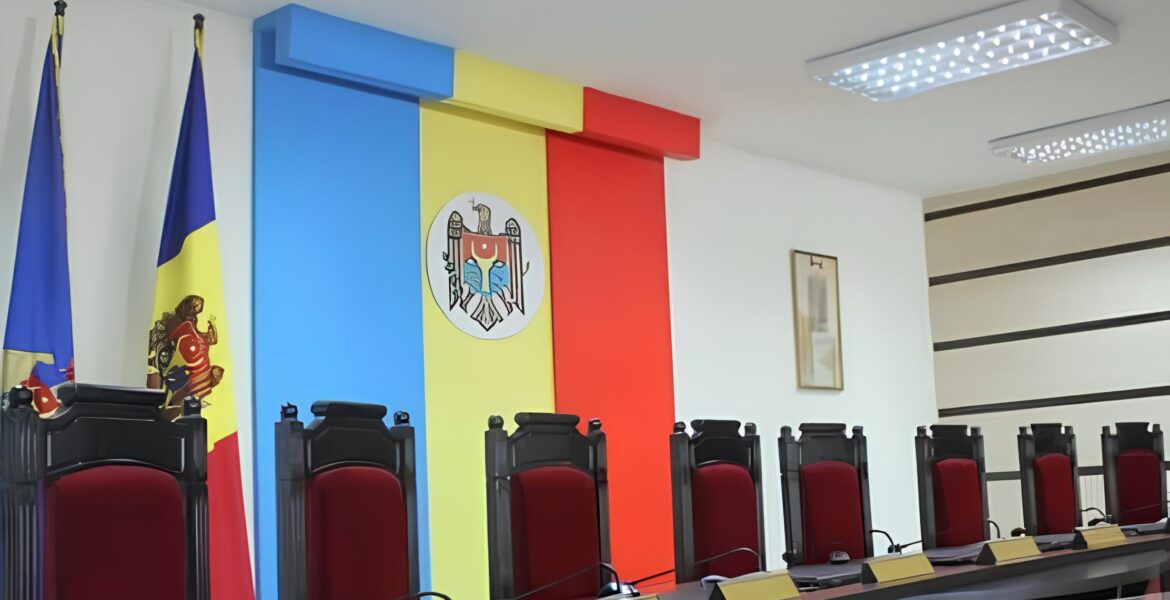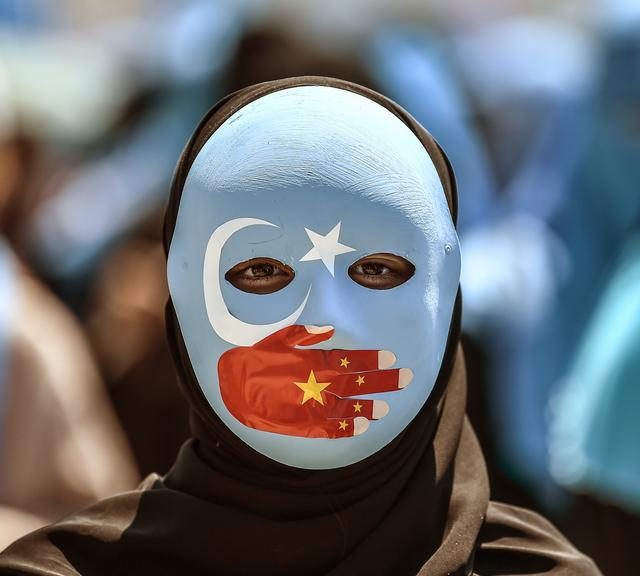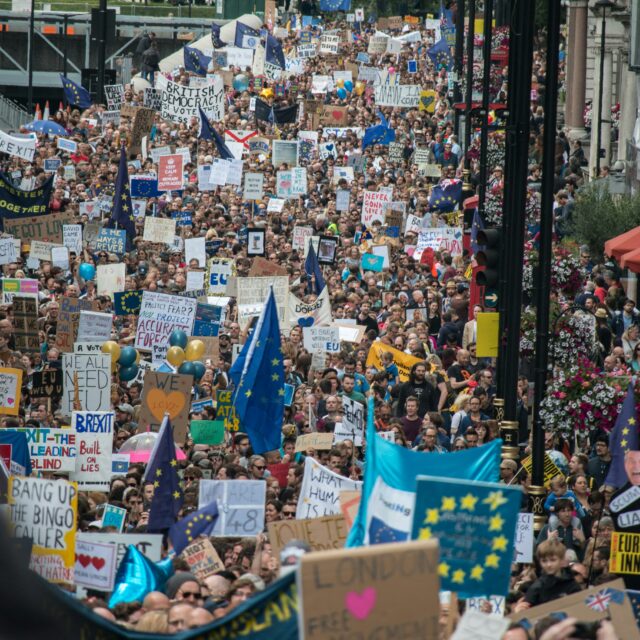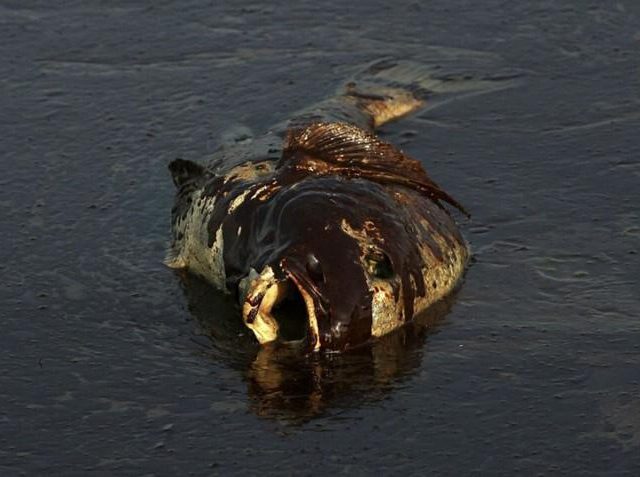Russian interference in the affairs of sovereign nations poses a serious threat to the stability of global democracy. One of the latest examples involves Moldova, where Russian forces attempted to disrupt a referendum on joining the European Union. The Kremlin employed bribery, disinformation, and provocations, demonstrating its intent to undermine the sovereignty of neighbouring countries and prevent their alignment with the West.
Moldovan police reported that Russia transferred over $15 million to citizens’ accounts to influence the referendum results and obstruct the country’s EU integration. The funds were channelled through a bank linked to the Russian Ministry of Defense, with instructions for spreading disinformation and organising disturbances communicated via Telegram. The case is an illustration of how Russia utilises subversive methods to interfere in political processes and hinder democratic changes.
Russia actively intervenes in elections and referenda not only in post-Soviet countries but also in EU and NATO member states. In addition to interfering in the 2016 and 2020 U.S. presidential elections, which involved cyberattacks and disinformation campaigns, Russia has influenced elections in France and Germany. For instance, the Russian government supported the far-right National Rally party led by Marine Le Pen, which opposed EU sanctions against Russia and received financial backing from Russian banks. This interference also included disinformation campaigns aimed at fostering distrust among citizens, undermining democratic institutions in Europe. In the UK, Russian interference affected the Brexit referendum and the 2017 elections. A report by the British Parliament revealed that Russia actively sought to influence the referendum results by disseminating disinformation and supporting Kremlin-aligned political and business interests. This created a serious threat to democratic processes, and the British government belatedly recognised the scale of the Russian threat.
Equally concerning is Russia’s interference in electoral processes in Belgium. In 2024, an operation was uncovered in which Russian entities paid Members of the European Parliament to spread Russian propaganda through the website “Voice of Europe.” Investigations revealed that some European politicians, including representatives of far-right parties, collaborated with Russia to advance its interests in the EU. Belgian and Czech security services conducted joint operations aimed at dismantling this network, which became part of a larger investigation into Russian interference in European politics.
Russia’s interference in Ukraine’s bluntly demonstrated in more aggressive forms. In 2014, Moscow organised a so-called referendum in Crimea, conducted under armed control, which led to the illegal annexation of the peninsula. The official justification concerned the “protection of Russian-speaking populations,” but in reality, it was a cover for the implementation of its geopolitical ambitions. Similar tactics were employed in the temporarily occupied territories of eastern Ukraine, where fictitious referenda were held under full control of Russian military forces, without international observers and in violation of accepted standards. These actions are aimed at expanding Russian territory and reaffirming its desire to restore imperial influence.
The Kremlin employs similar methods in other countries, attempting to promote its agents of influence into high positions to ensure decisions favourable to Russia. An example of this is the interference in European Parliament elections, where pro-Russian politicians received support to enhance the Kremlin’s influence within European structures. Such actions aim to undermine EU unity, weaken sanctions, and advance a foreign policy agenda beneficial to Russia.
Condemning Russia’s interference in other countries’ affairs is vital to protecting the international order. To prevent the recurrence of such incidents, it is important to implement measures that will effectively deter external aggressive actions. Sovereignty and the right of every nation to self-determination are fundamental principles of international law that must not be threatened. Russia should not exploit democratic processes to pursue its imperialist ambitions, jeopardising peace and stability on a global scale.




